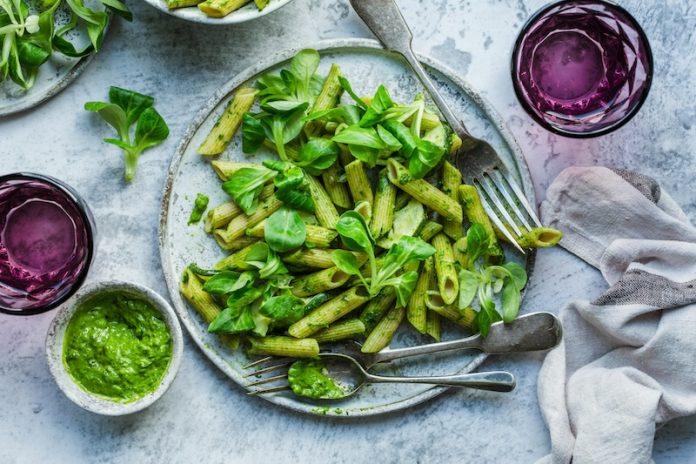
Kidneys play a crucial role in filtering waste from your blood and maintaining overall health.
What you eat significantly affects their ability to perform these vital functions. With rising cases of kidney disease and related conditions, understanding which foods support or strain kidney health is more important than ever.
Let’s dive into the best and worst foods for your kidneys, breaking down complex nutritional advice into simple, actionable insights.
Foods That Love Your Kidneys
Water: Hydration is key to kidney health. Water helps the kidneys remove waste from your blood in the form of urine. While the amount of water you need can depend on your health and lifestyle, aiming for 6-8 glasses a day is a good rule of thumb for most people.
Cabbage: This low-potassium vegetable is full of phytochemicals, compounds that break up free radicals before they can do damage. High in vitamin K, vitamin C, and fiber, cabbage is also a kidney-friendly choice.
Blueberries: Packed with antioxidants and nutrients, blueberries support kidney health by reducing inflammation and protecting the body against certain diseases. They’re also low in potassium, making them an excellent choice for those with kidney concerns.
Fish: Omega-3 fatty acids found in fish like salmon and mackerel are good for your heart and kidneys. They help reduce fat levels in the blood and decrease the risk of blood clots, supporting overall kidney health.
Egg Whites: High in quality kidney-friendly protein, egg whites provide essential amino acids with less phosphorus than other protein sources like egg yolks or meats.
Foods To Avoid or Limit
Sodium: High sodium intake can increase blood pressure, harming your kidneys over time. Processed and canned foods, along with restaurant meals, are often high in sodium. Cooking at home with fresh ingredients helps control your sodium intake.
Dark Colored Sodas: In addition to the high sugar content, certain sodas contain phosphorus additives, which can harm kidney health. It’s best to limit these beverages and opt for water, clear sodas, or homemade fruit-infused water instead.
Red Meat: A diet high in red meat can increase the risk of kidney disease. Red meat is also high in saturated fat, which can cause issues like heart disease, further complicating kidney health. Leaner protein sources like poultry, fish, or plant-based proteins are healthier options.
Dairy: High in phosphorus, dairy products can strain kidneys by making them work harder to remove extra phosphorus from the blood. Limiting dairy intake can help manage phosphorus levels, especially for those with kidney disease.
Bananas, Oranges, and Potatoes: While healthy for most people, these foods are high in potassium, which can be harmful in large amounts if your kidneys are not fully functional. Alternatives like apples, berries, and carrots can provide vitamins and minerals without the added potassium risk.
Understanding which foods benefit or harm your kidneys can guide your dietary choices towards maintaining optimal kidney health.
Incorporating a variety of kidney-friendly foods can not only support your kidneys but also improve your overall health. Remember, dietary needs can vary based on individual health conditions, so consulting with a healthcare provider or dietitian is crucial for tailored advice.
Protecting your kidney health starts with the right dietary choices. By focusing on foods that support kidney function and avoiding those that impose additional strain, you can help keep your kidneys strong and healthy.
Whether you’re looking to maintain general health or manage kidney-related issues, a balanced, thoughtful diet is a powerful tool in your wellness arsenal.
If you care about kidney health, please read studies about drug that prevents kidney failure in diabetes, and drinking coffee could help reduce risk of kidney injury.
For more information about kidney health, please see recent studies about foods that may prevent recurrence of kidney stones, and common painkillers may harm heart, kidneys and more.
Copyright © 2024 Knowridge Science Report. All rights reserved.



